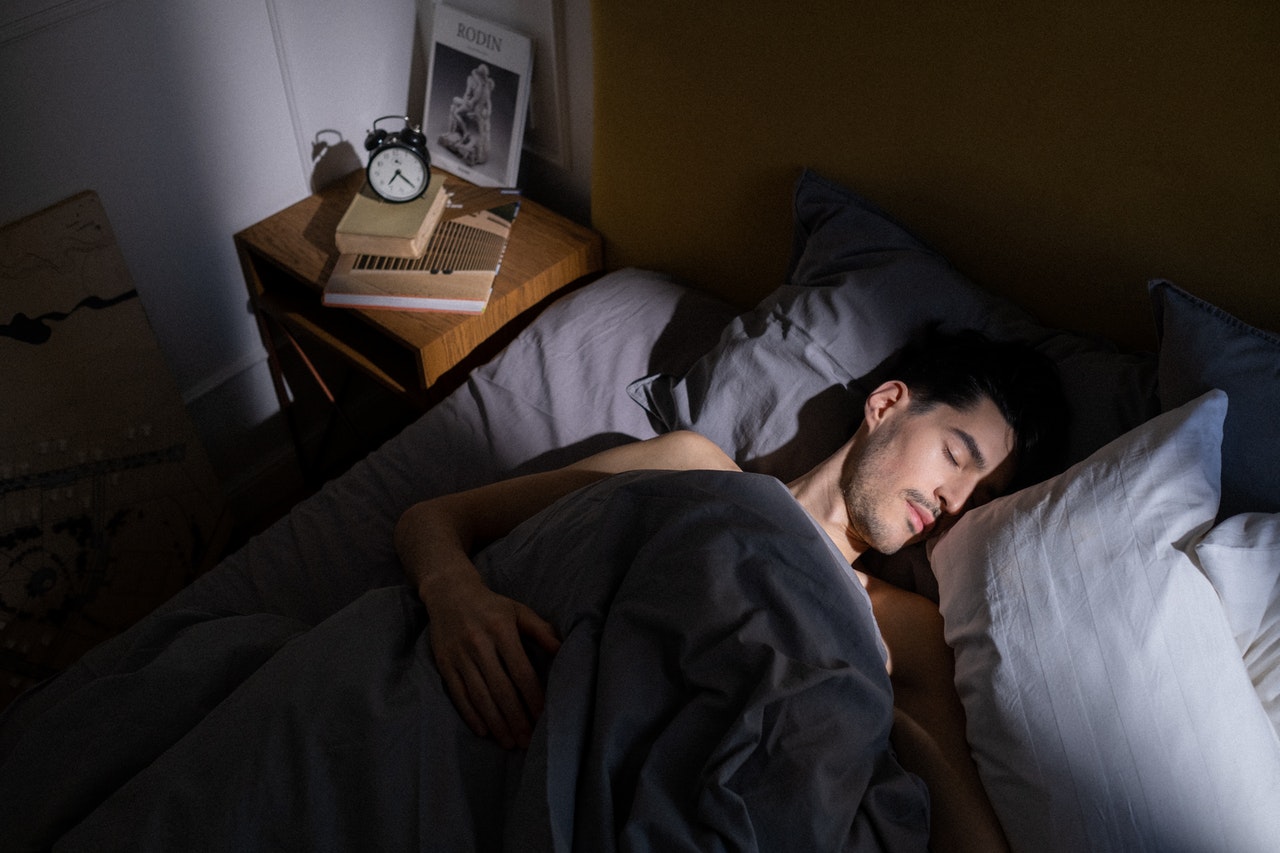Sleep is one of the most fascinating things in the world. It’s importance can not be overemphasized and yet, so much about it remains a mystery. For example, did you know that sleep deprivation can cause hallucinations? In fact, there are some pretty amazing world records related to sleep that you may not have known about. Here are the top two world records about sleep:
World Record for Longest Time Asleep
Peter Powers is the world record holder for longest sleep. He has been able to go without sleep for 188 hours, which is just over eight days! Powers says that he was first interested in breaking the world record for longest sleep because he wanted to show people that it was possible.
Powers is hypnotist and he has been able to use self-hypnosis to help him sleep less. He was able to break the world record for longest sleep in 2007.
Powers says that his secret to a good night’s sleep is not staying up all night or drinking coffee. Instead, he recommends getting regular exercise and eating healthy foods. Powers also says that it is important to have a good bedtime routine and to avoid watching television or using the computer right before bed.
Powers is currently working on a new world record for longest sleep – this time, he wants to be able to sleep for 240 hours, which is ten days! We wish him luck!
World Record for Longest Without Sleep
Randy Gardner holds the world record for the longest time to stay awake. On December 11, 1964 Gardner stayed up for 264 hours (11 days) and 25 minutes breaking the previous world record of 260 hours held by Tom Rounds.
Can you imagine going for so long without any shut-eye? It’s pretty incredible when you think about it. While there are some potential health risks associated with sleep deprivation, Randy Gardner’s world record shows that the human body is capable of performing amazing feats when put to the test.
Interesting Facts About Sleep
– The average person spends about a third of their life asleep.
– Babies sleep the most – they usually sleep for 16 to 18 hours per day.
– Elderly people usually sleep for less than seven hours per night.
– People who work rotating shifts often have trouble sleeping because their body is not used to going to bed and waking up at different times.
– There are many different types of sleep disorders, including insomnia, narcolepsy and restless leg syndrome.
– Some people use melatonin supplements to help them sleep better.
– It is important to get a good night’s sleep so that you can be productive during the day!


